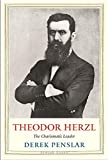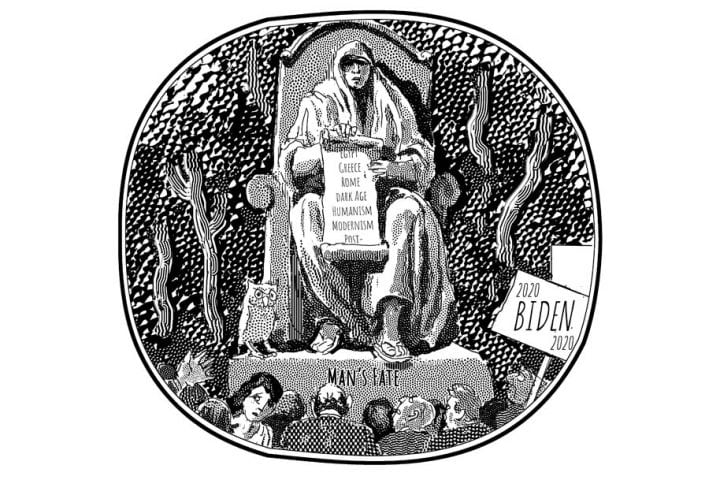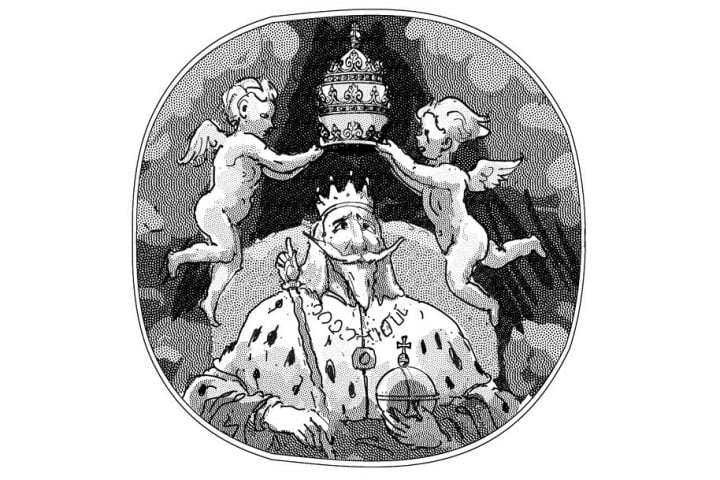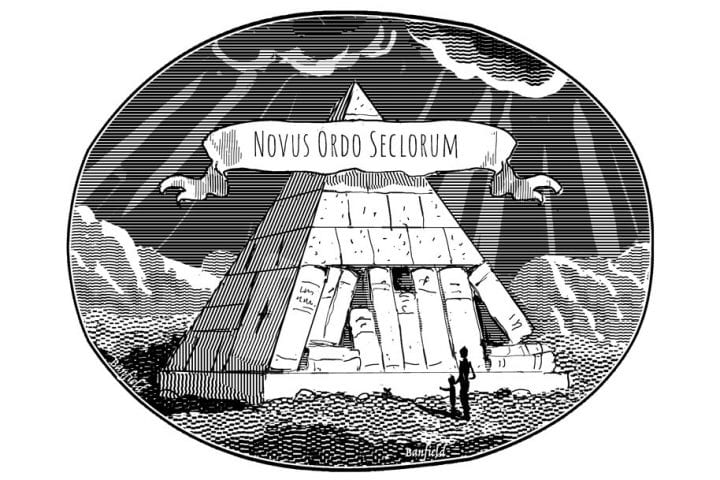Books Discussed in this Essay
Only rarely would time, place, circumstances bring about the meeting of the right conditions that are no less important for the appearance of the great person than is his character.
—Theodor Herzl
Toward the end of his poem “Esthétique du Mal” Wallace Stevens used the phrase “lunatic of one idea.” His lunatic in the poem happens to have been a revolutionary named Konstantinov, but the notion of being swept up to the point of madness by a single idea, an idea that occludes all else, is one that has perhaps more ramifications than even Stevens’s rich imagination could comprehend. If the idea is a significant, fructifying one, the lunacy might well be worth it. If the idea also happens to be wildly ambitious and thereby seems far-fetched, more than a touch of lunacy may be required to bring it to fruition.
Theodor Herzl (1860–1904), who dreamed of returning the everywhere put-upon and often persecuted Jews to their homeland in Palestine, qualifies as such a lunatic. An unlikely lunatic Herzl was, for until the idea first struck him, and for a good while after, he wasn’t himself notably Jewish. He neither practiced nor knew much about Jewish ritual; in his marital home he kept a Christmas






